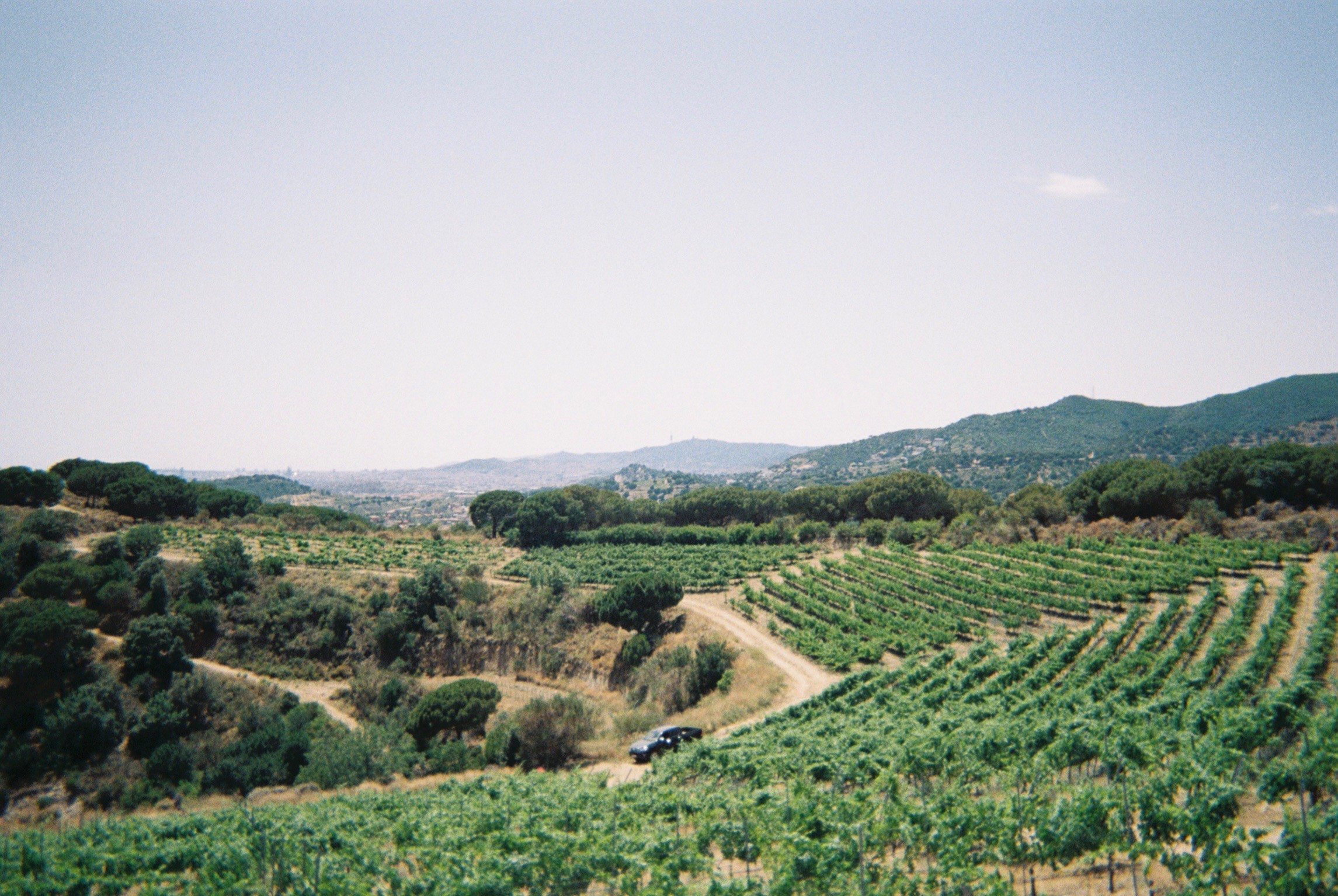Acting Edible: The Taste of Performance on a Damaged Planet
Elizabeth McQueen
Theater and Performance Studies
UC Los Angeles
“Acting Edible: The Taste of Performance on a Damaged Planet” examines the intersection of food studies and performance aesthetically and environmentally. I use terroir, a popularized yet historical French word often translated to ‘the taste of place,’ to analyze the contradictions, anxieties, and aesthetics of contemporary performances that utilize food, from transnational performance art to global entertainment venues. Following theater and performance studies scholars who position food as a performance medium, the dissertation focuses on performance and media that activate the senses, digestion, and eating through edible matter. Braiding new materialist and feminist science and technology studies with performance studies, Chapter 1 introduces terroir as a framework for capitalist and anthropocentric articulations of performance. I then present three vital matters that offer new scales of analysis for alimentary performance: soil, microbes, and microplastics. Chapter 2, “Microbes,” positions microbes as key figures in contemporary displays of food performance, reconfiguring theatricality in the Probiotic Turn and complicating multispecies and feminist science and technology studies claim for play with nonhuman partners. Chapter 3, “Microplastics,” wades through the emergent anxieties of microplastics in food and the methodological failures of seeking microplastics in performance as a defining matter of 21st-century immersive performance and entertainment. The framework opens up in Chapter 4, “Theatrical Remains,” to theorize the convergence of scientific research space and theatrical and tourist space in sites such as Biosphere 2, Disneyworld, and other future-thinking research sites. Ultimately, by examining performance through the microscopic components of food, a new scale of analysis is introduced in conceptualizing the ecological violence and possibility of performance.
Learn more about Elizabeth McQueen’s work as a Climate Food Studies Scholar.

